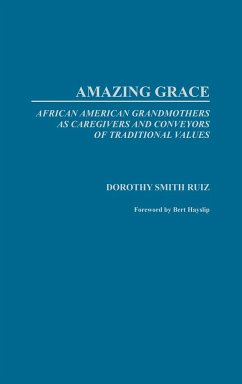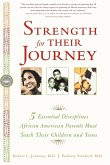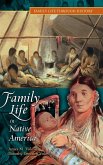Intergenerational African families in which the grandmother is the primary caregiver of grandchildren and great-grandchildren are increasing rapidly in American society. Over the past decade, researchers and policy makers have shown considerable concern over the increases in grandparent-maintained households. This concern has stimulated a proliferation of research on grandparent caregiving on a wide range of issues. Among these are the impact of multiple roles on health, reasons for the rapid increase, problems and needs, social structure and extended family relationships, social support, role satisfaction, the impact of the AIDS and crack-cocaine epidemics, and emotional/physical well-being. In spite of social, economic, and health demands faced by African American grandmothers, many of them accept parental responsibility of children who might otherwise become wards of the state. This book is organized to give a broad perspective on social characteristics, health issues, and experiences of African American grandmothers who act in the role of custodial parents to their grandchildren. Ruiz highlights the increase in grandparent caregivers over the past three decades, provides an overview of historical roles of the grandmother in African American families, and shows how the extended family has acted as a social-emotional and financial support in times of need.








